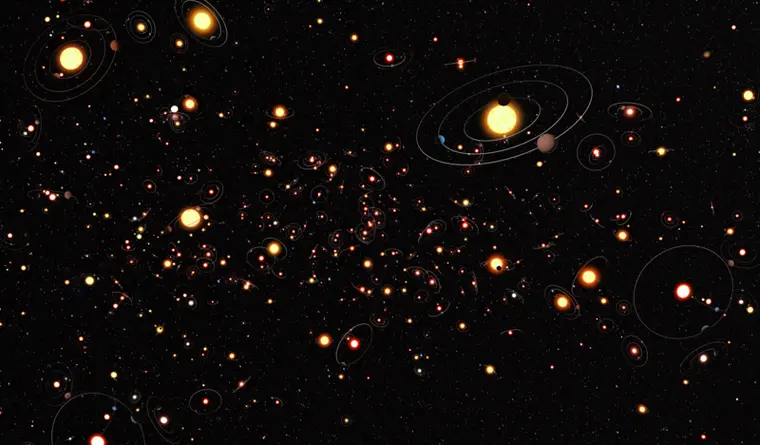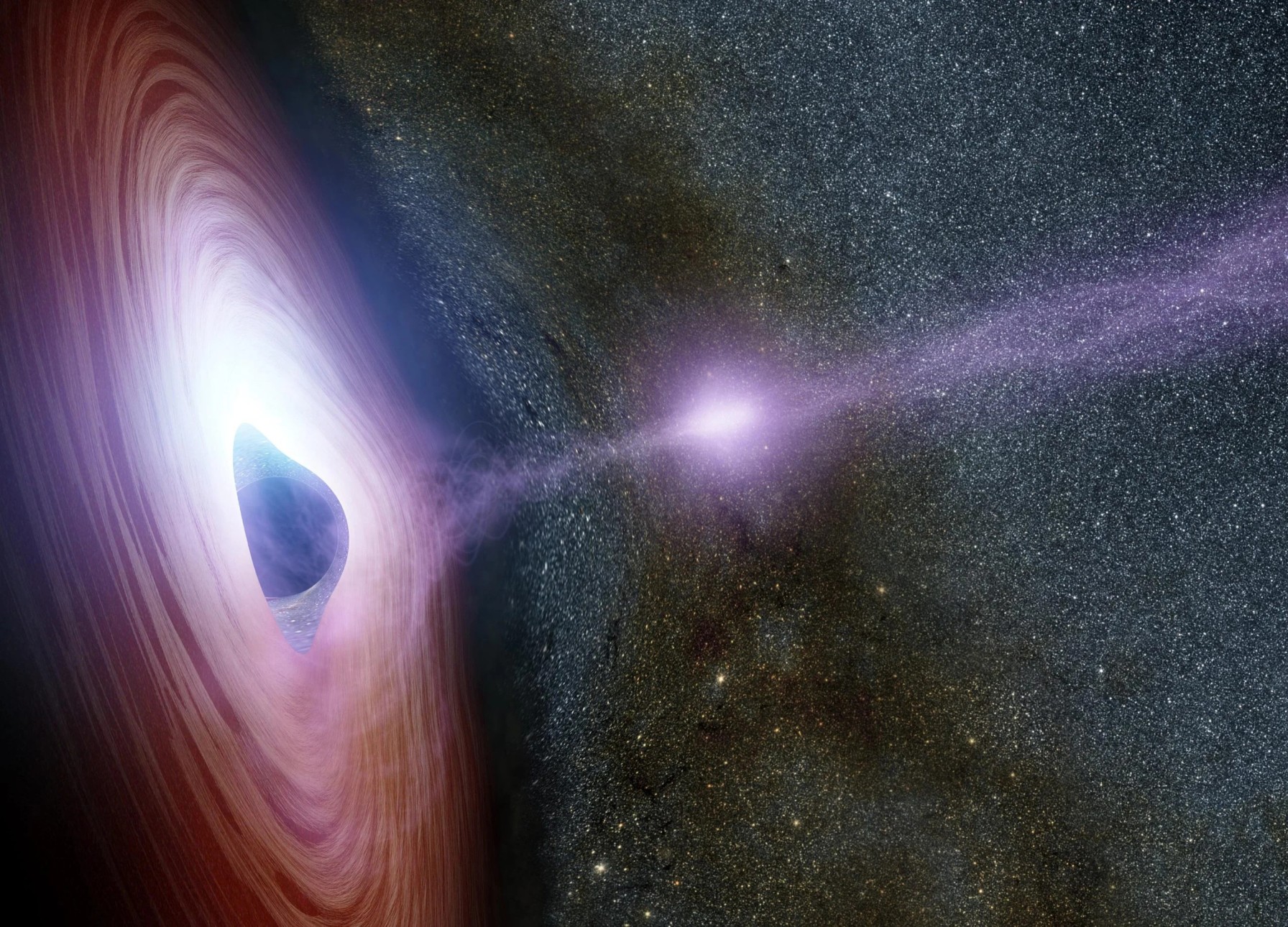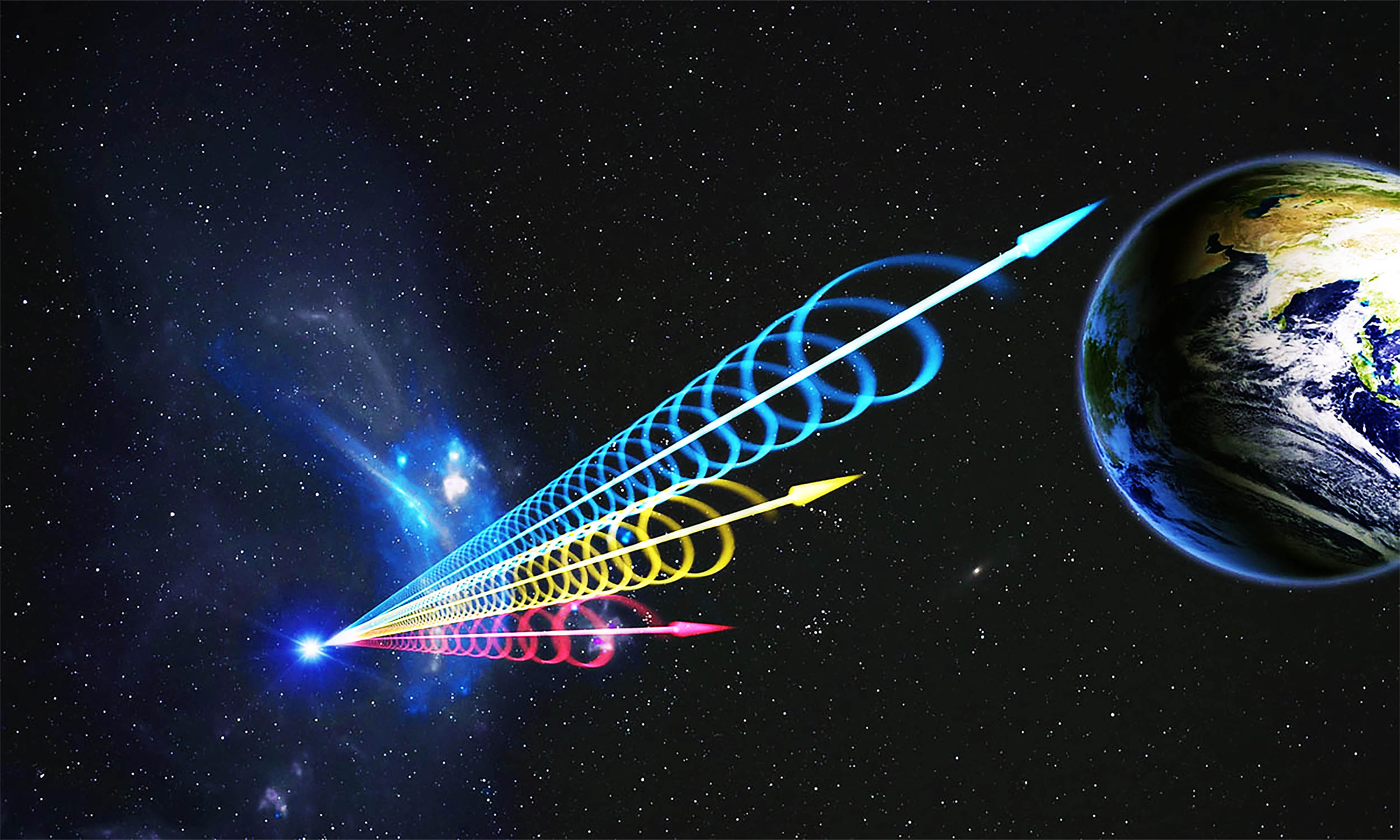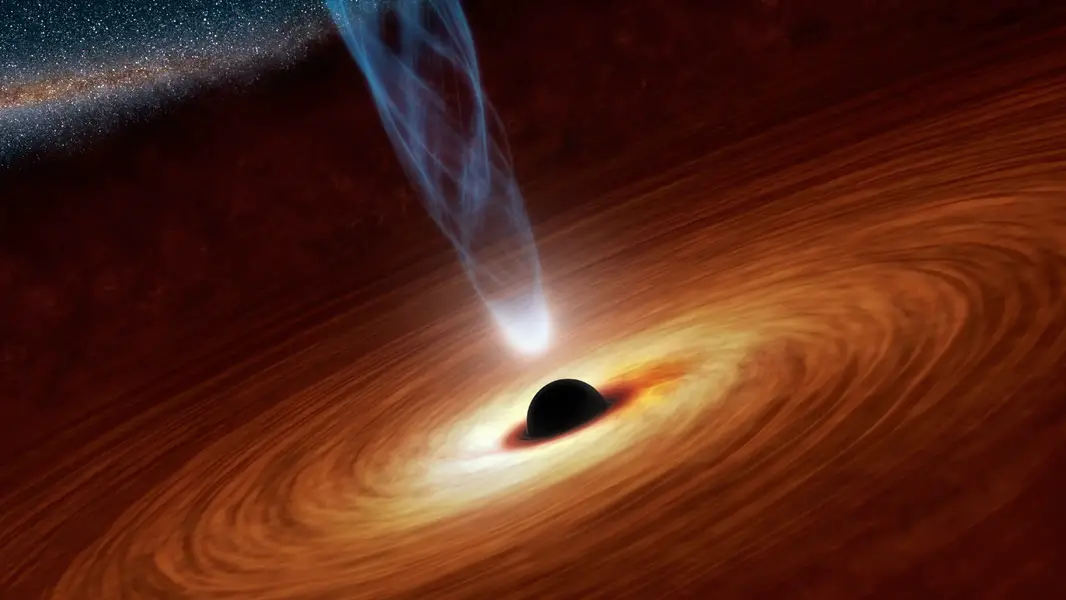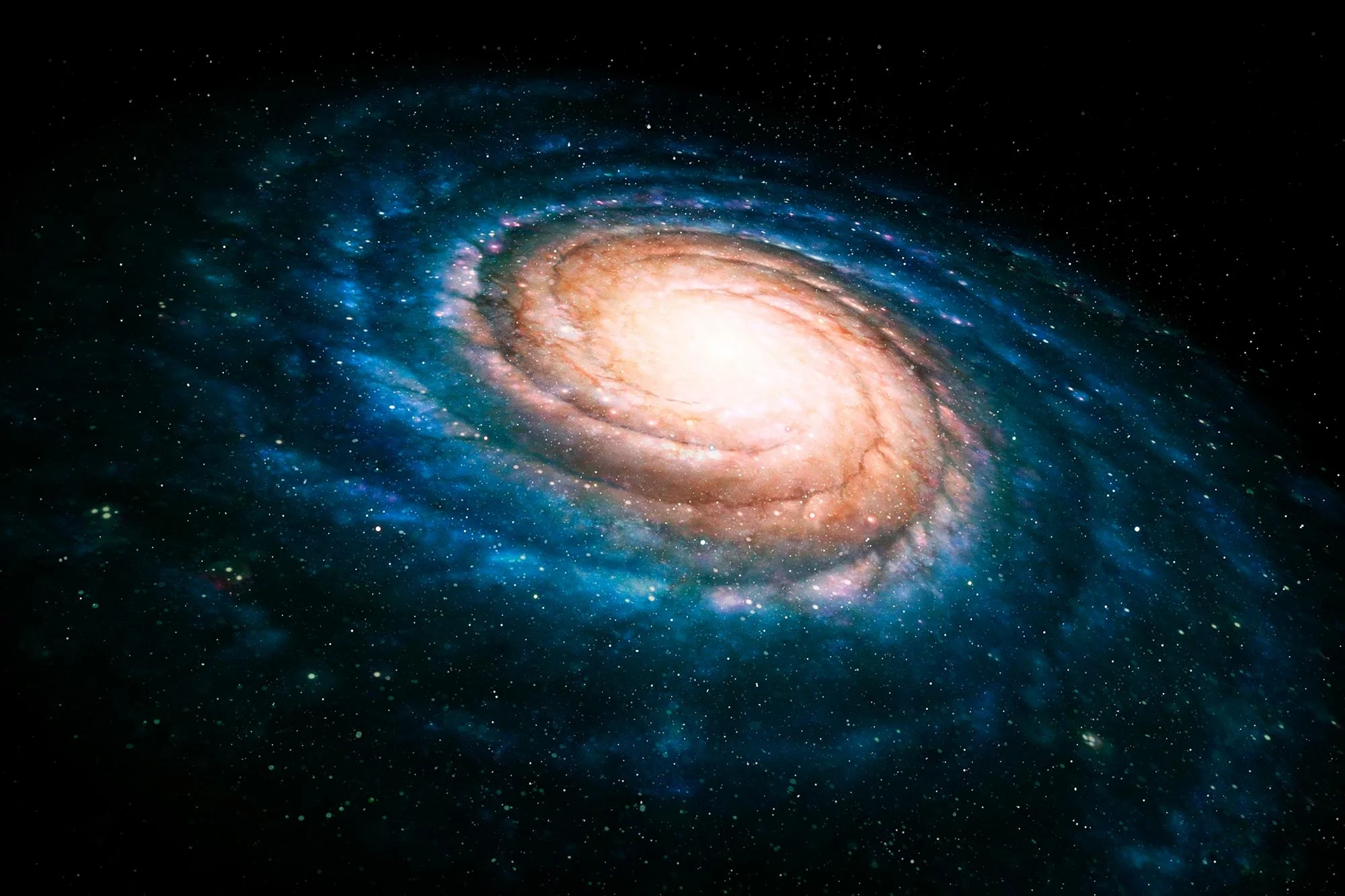Earth Might Be One of a Kind, Despite the 70 Quintillion Planets Predicted to Exist in the Universe
TL;DR
According to astrophysicist Erik Zackrisson’s computer model, there could be about 70 quintillion planets in the universe. However, most of these planets are vastly different from Earth — they tend to be larger, older, and not suited for life. Only around 63 exoplanets have been found in their stars’ habitable zones, making Earth potentially one of the few life-sustaining planets. This could explain Fermi’s paradox — the puzzling lack of evidence for extraterrestrial life. While we continue searching, Earth might be truly special.
The prevailing belief among astronomers is that the number of planets should at least match the number of stars. With 100 billion galaxies in the universe, each containing about a billion trillion stars, there should be an equally vast number of exoplanets, including Earth-like worlds — in theory.
But how many planets are there really?
Erik Zackrisson, an astrophysicist from Uppsala University in Sweden, used a computer model to simulate the universe’s development since the Big Bang. Based on our current understanding of physics and the cosmos, his model calculated that there should be approximately 7 times 10^20 planets in the universe — that’s 70 quintillion.
Given this staggering number of planets, one might assume the chances of finding another Earth-like planet are quite high. However, Zackrisson’s research suggests that planets like Earth could actually be extremely rare.
The vast majority of the planets produced by his model are vastly different from Earth. They tend to be much larger, older, and not well-suited for supporting life due to their orbits around their parent stars.
Scientists consider an exoplanet — a planet that lies outside our solar system — as “potentially habitable” if it orbits in a star’s “habitable zone,” also known as the “Goldilocks” zone. This is the region where the temperature is just right for liquid water to exist on the planet’s surface.
Out of the 5,366 exoplanets identified, only about 63 of them have been confirmed to orbit within their star’s habitable zone.
Zackrisson’s model implies that Earth could be a rare statistical exception. According to the researcher’s report in The Astrophysical Journal, the average age of planets generated by the model is much higher than Earth’s, and they are usually located in galaxies that are unlike the Milky Way. Furthermore, most of these planets orbit stars that differ in composition from our Sun.
Why do we seem to be alone in the universe?
This could help explain Fermi’s paradox — the idea that despite the seemingly infinite number of stars, we don’t encounter much evidence of life. If Earth-like planets were plentiful in the galaxy, then an advanced civilization could have easily colonized the Milky Way long ago.
It’s possible that Earth is truly one of a kind — at least, it’s a possibility worth considering.
However, there is a significant limitation to this study: our conclusions are only as accurate as the data we have. Most of the exoplanets we’ve discovered were identified by the now-retired Kepler space telescope. Due to its design, Kepler was biased towards finding large planets that closely orbit their stars, making many of them unsuitable for life.
Finding smaller planets further from their stars requires more advanced techniques and tools, which are still in development.
Additionally, much of what we know about exoplanets comes from studying a very small portion of our own galaxy.
Nonetheless, this study highlights the possibility that Earth may be far more unique than we think. And perhaps that makes our pale blue dot even more precious.
